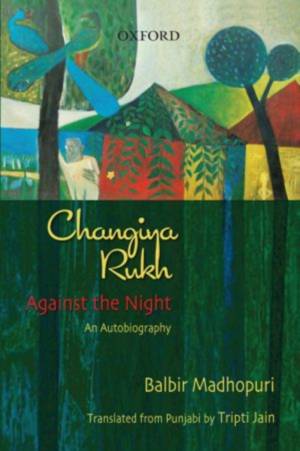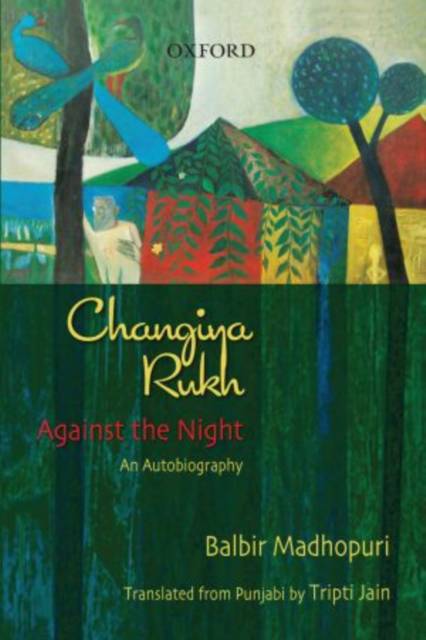
- Retrait gratuit dans votre magasin Club
- 7.000.000 titres dans notre catalogue
- Payer en toute sécurité
- Toujours un magasin près de chez vous
- Retrait gratuit dans votre magasin Club
- 7.000.0000 titres dans notre catalogue
- Payer en toute sécurité
- Toujours un magasin près de chez vous
Description
Chhaangya Rukh as the title of Balbir Madhopuri's autobiography is significant. It means a tree lopped from the top, slashed and dwarfed. Madhopuri uses it as a metaphor for the Dalit or an 'untouchable' Indian whose potential for growth has been 'robbed by the Hindu social order'. Significantly, the lopped tree also denotes its inherent and defiant resilience that brings forth fresh branches and leaves. Set in the village of Madhopuri in Punjab, Chhaangya Rukh traces the social history of the Dalit community in Punjab and brings out the caste relations constructed on prejudice and inequality. But Madhopuri's vision is able to capture and sensitively portray the lot of the Dalits often living on the fringes of society in other parts of the country. Writing with honesty and sincere objectivity, Madhopuri recounts the bleakness of life despite all constitutional and legislative measures. A saga of triumph, this real life story relates a Dalit's angst of deprivation, social exclusion, and humiliation, as well as of resistance, achievement, and hope. This volume also includes a perceptive Introduction by Harish Puri.
Spécifications
Parties prenantes
- Auteur(s) :
- Editeur:
Contenu
- Nombre de pages :
- 224
- Langue:
- Anglais
Caractéristiques
- EAN:
- 9780198065500
- Date de parution :
- 01-06-10
- Format:
- Livre relié
- Format numérique:
- Genaaid
- Dimensions :
- 224 mm x 147 mm
- Poids :
- 408 g

Les avis
Nous publions uniquement les avis qui respectent les conditions requises. Consultez nos conditions pour les avis.






